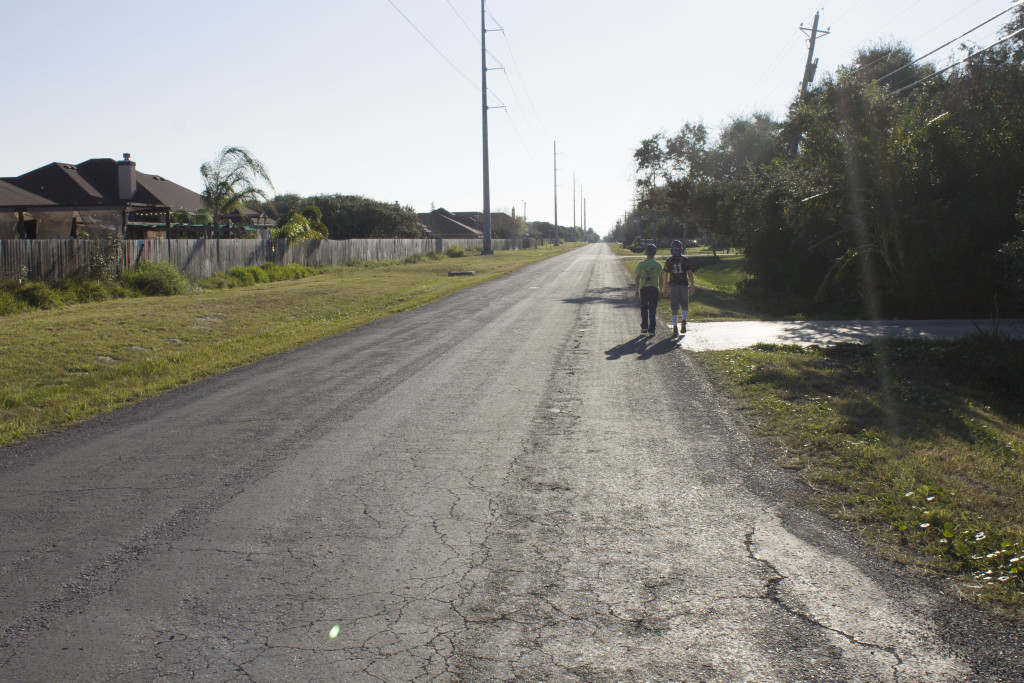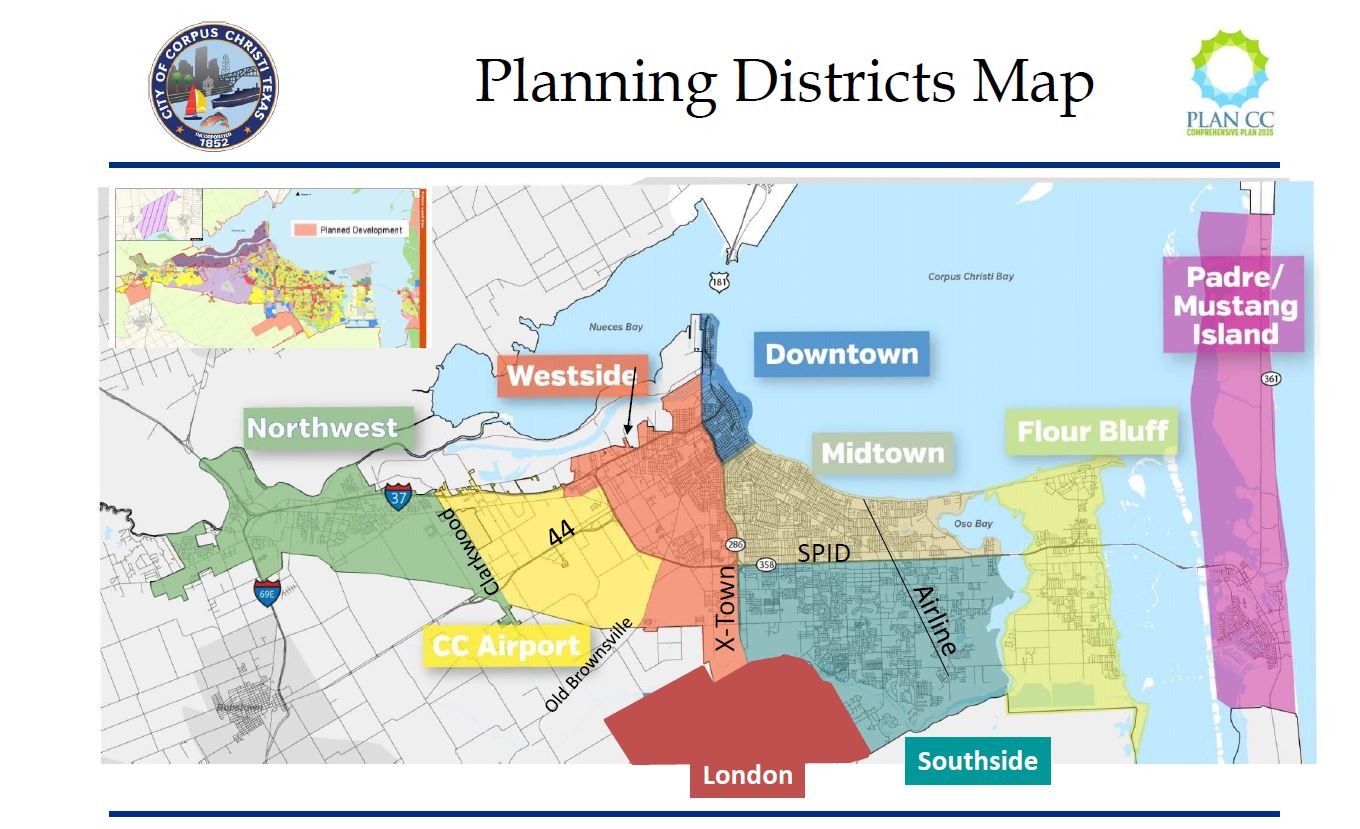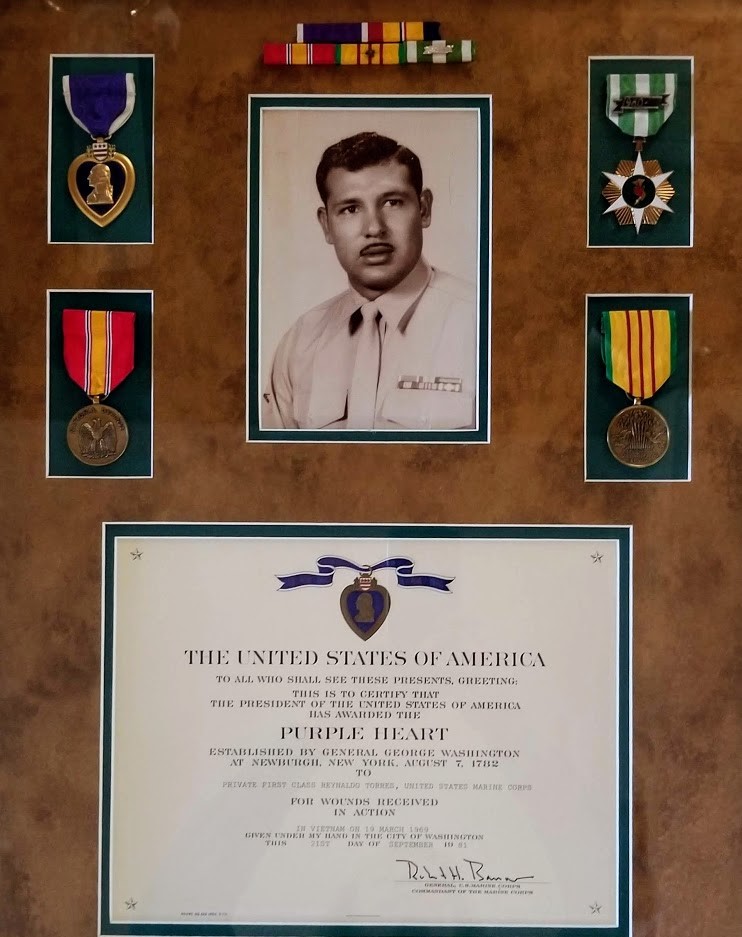[spacer height=”20px”]
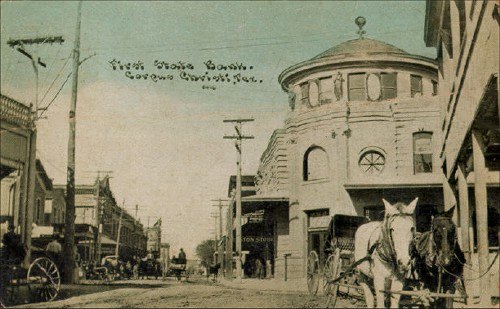
First State Bank, Corpus Christi, Texas, corner of Mesquite and Schatzel, ca. 1900 (Source: TexGenWeb Project)
[spacer height=”20px”]
When a citizen of Corpus Christi is asked about nagging problems in the city, it is almost guaranteed that street maintenance will come up. They hold the Street Operations Department to its mission, which states it is “to manage, maintain, and develop the City’s street system. This is accomplished by maintaining street pavement; operating and maintaining traffic signals, signs and markings; and planning and developing the street system.” At least it is clear that the City is responsible for upkeep of city thoroughfares. However, in 1898, just 52 years after the incorporation of Corpus Christi, the mayor and city council were at odds about whether or not the city should take an active role in tending to the streets.
[spacer height=”20px”]
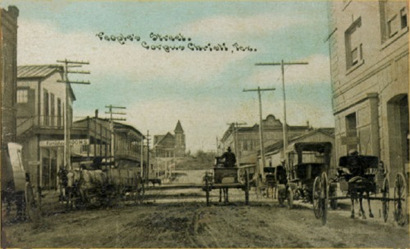
People’s Street, Corpus Christi, Texas, ca. 1900 (Source: TexGenWeb Project)
[spacer height=”20px”]
The following article from the January 28, 1959, Corpus Christi Caller-Times relates the kinds of issues facing the Mayor Oscar C. Lovenskiold and the City Council of 1898.
“In 1898 dust was a serious problem in a Corpus Christi that had no pavements. In May a special meeting of the City Council was called to devise ways and means of sprinkling streets.
“Captain C. C. Heath of the Board of Trade, fore-runner of the Chamber of Commerce, advocated street sprinkling. The water company agreed to furnish the water free. Citizens offered to provide a sprinkling wagon if the city would permit its two horses to be used and provide a driver. An ordinance was passed putting this arrangement into effect. But the mayor vetoed the ordinance.
“He raised many objections. He said street sprinkling was not one of the purposes for which the city was chartered; that it would be unfair because all streets could not be sprinkled equally; that the city couldn’t afford street sprinkling; and that it was an unnecessary luxury.
“The city council passed the ordinance over the mayor’s veto.”
It seems that our problem is not a new one, nor is it one that city councils of the past and present have failed to discuss. If we couldn’t get it under control in the early days when only a few dirt roads existed…
[spacer height=”20px”]
[spacer height=”20px”]
